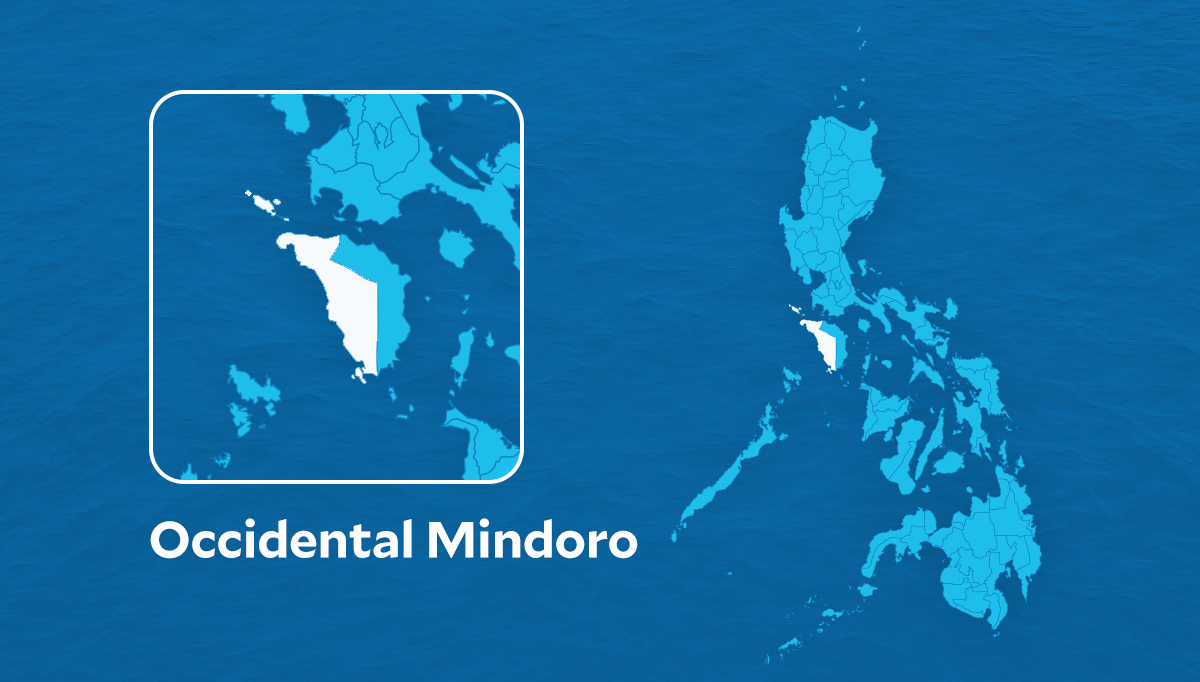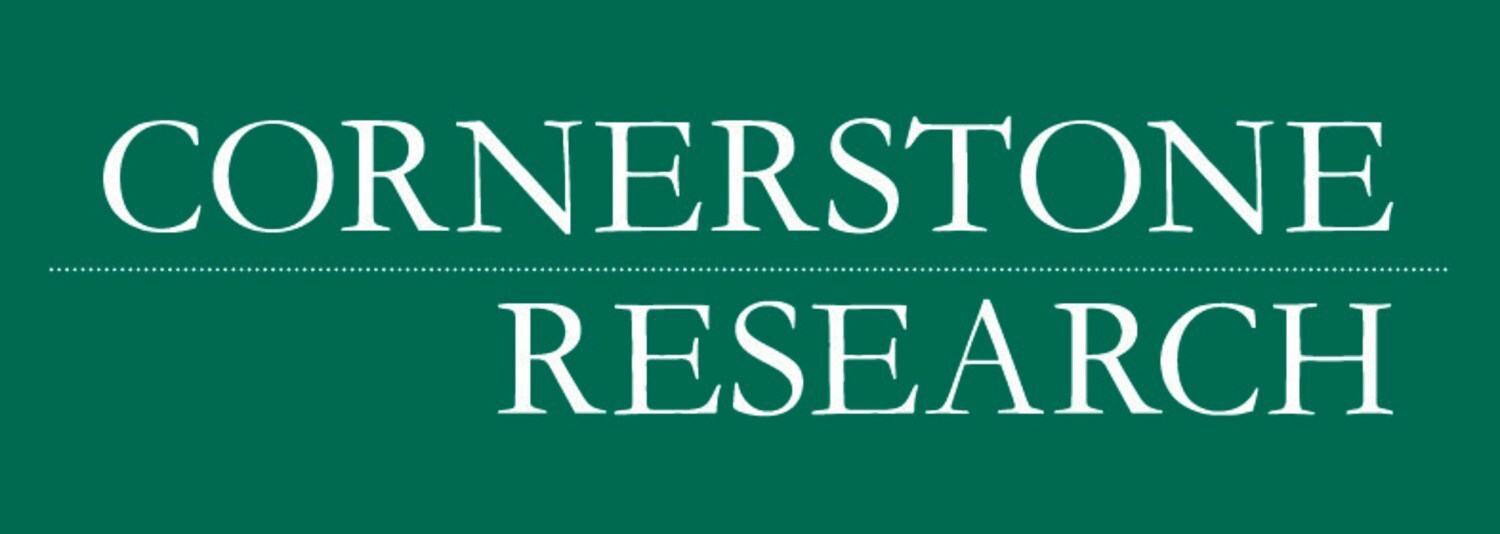The second Trump presidency has only begun, but the USA's upended trade policy reverberates across all world economies. Login or signup to continue reading On 'Liberation Day', April 2, Trump dramatically expanded his tariff impost from between 10 per cent on Australia to 125 per cent on China, our largest trading partner. In response, world stock markets initially crashed.
Although Australia is at the lower end of the tariff scale, the huge impact on its main trading partners, such as China, Japan, and South Korea, may dramatically lower Australia's export income from products such as Hunter Valley coal. But so far, Australia has not responded to the tariff impost. One week after revealing plans to impose such a crushing tariff regime on the rest of the world, Trump blinked and declared a 90-day freeze on high tariff barriers on all countries except China.

In response, world stockmarkets soared. So why has the newly re-elected US President begun his final term with such a chaotic tariff policy, which has created gyrating stockmarkets across the globe? Trump's sudden switch from free trade to a mercantile tariff system is because he foolishly believes that this strategy will create a new economic 'golden age' for America. He believes that US industry will rebuild behind the tariff wall and that companies that have moved offshore will return to American soil.
History teaches us otherwise. Almost 100 years ago, as the Great Depression loomed and worldwide demand plummeted, the US tried to protect its industries by raising tariff barriers against its trading partners. The resulting trade war led to the worst economic depression in living memory.
This historical parallel should serve as a cautionary tale. Just as disturbing is the return of the US to a more isolationist foreign policy under Trump. Historically, the US was determined initially to stay out of European wars and was a late and reluctant entrant to WWI and WWII.
Nevertheless, during the Cold War and since, the US has borne the financial cost of the NATO defence system against Russia. Trump rightly points out that European countries with minimalist defence budgets have been freeloading. He is now telling them to defend themselves against Russia.
There is a suspicion that Trump may have made a 'grand bargain' with Vladimir Putin on a world sphere of influence carve-up. The Russians are calling it Yalta 2.0.
At the end of WWII, the Allied leaders met in Yalta, to shape the new world order. One outcome was the European 'Iron Curtain', which brought Eastern Europe into Russia's sphere of influence. Roll forward 80 years, and Europe may be left to fend for itself against Putin's 'great dream' - that of a new Russian empire.
Meanwhile, in his North and South American sphere of influence, Trump is already taking an unhealthy interest in his close neighbours. Immediately after his election, he suggested that Canada join the US as its 51st state. He also wants to take over its northern neighbour, Greenland, and regain control of the Panama Canal.
Under this scenario, will an increasingly isolationist US leave it to China to dominate Asia and the Pacific? Australia, like Europe, has coasted along under the umbrella of US defence expenditures for the past 80 years, spending barely 2 per cent of GDP on defence. Australia's security may be left dangerously exposed if Trump pulls out of AUKUS, and perhaps ANZUS and related defence programs. Since his election, Trump has had free reign across the US policy spectrum because the country's constitutional checks and balances established in the 18th century all failed simultaneously at the 2024 poll.
The American Founding Fathers had no answer for the current situation where one party - the Republicans, controls all the arms of government at once: the presidency, the public service, both houses of Congress, and the Supreme Court, with its conservative majority. This situation may begin to correct itself at the US mid-term congressional elections in 18 months, when all members of the House of Representatives and one-third of the senators will be up for re-election. In the meantime, it may be a long and painful time of political and economic chaos.
Daily Today's top stories curated by our news team. Also includes evening update. Weekdays Grab a quick bite of today's latest news from around the region and the nation.
Weekdays Catch up on the news of the day and unwind with great reading for your evening. Weekly Get the editor's insights: what's happening & why it matters. Weekly Going out or staying in? Find out what's on.
Weekly Love footy? We've got all the action covered. Weekly The latest news, results & expert analysis. Weekly Follow the Newcastle Knights in the NRL? Don't miss your weekly Knights update.
Weekly Get the latest property and development news here. Weekly Every Saturday and Tuesday, explore destinations deals, tips & travel writing to transport you around the globe. Weekdays Sharp.
Close to the ground. Digging deep. Your weekday morning newsletter on national affairs, politics and more.
Twice weekly Your essential national news digest: all the big issues on Wednesday and great reading every Saturday. Twice weekly Get real, Australia! Let the ACM network's editors and journalists bring you news and views from all over. Weekly Get news, reviews and expert insights every Thursday from CarExpert, ACM's exclusive motoring partner.
As it happens Be the first to know when news breaks. Daily Your digital replica of Today's Paper. Ready to read from 5am! Daily Test your skills with interactive crosswords, sudoku & trivia.
Fresh daily!.
Business

History's cautionary tale for Trump's chaotic tariff policy

Opinion | Trump foolishly believes that his strategy will create a new economic 'golden age' for America














